A while ago, a therapist advised me to go out less and stay in and watch TV more. Having avoided the world of block-streaming until then, I took her advice and immediately found great pleasure in my new pastime. There was so much to watch, and it was all so absorbing and pleasantly addictive.
The pleasure and excitement has gone out of making TV — and it shows
As soon as one arty but gripping “prestige” series was over, there was another to begin. The golden age of television started around 2000, where innovation was enabled by leaps forward in visual technology and a revolution in storytelling ambition. Many of these shows were international, even if the US dominated. The Wire, Breaking Bad, House of Cards, Succession, Peaky Blinders, Broadchurch, Happy Valley, Borgen, The Killing, The Bridge, Fauda, In Treatment, The Bureau, Spiral; I watched them all. For the first time in history, to consider yourself a cultured person required you to know what was on TV. Beyond high production values and the fact that digital cinematography no longer meant deficient cinematography, this age of TV was defined by plots that felt instantly vital. Think of Claire Danes’s brilliant bipolar CIA operative in Homeland falling in love with the terrorist she rumbles. You were absorbed before the opening credits were over. You wanted, and got, more and more.
Hooked by the way things were, nobody I know has quite given up the habit of nightly streaming. Except now we spend the first half hour scrolling hopelessly through the options — in my case on five different streaming services. But instead of finding the clever thrillers, ingenious comedies and nifty adaptations of yore, menus today yield a never-ending parade of untempting trash — actual trash, not the good trash of days gone by, such as Gossip Girl.
We have been plunged into an age of TV so dark that I spend my evenings re-watching Poirot from the 1990s, plus the odd vintage Great British Baking Show. Force-feeding myself the second season of The Morning Show recently, billed as Apple’s great “prestige” drama of the past few years, resulted in deep boredom and irritation with an excruciating premise: why would anyone care this much about the personal and workplace hissy fits of TV network bosses and news anchors reporting old stories? Why would we want to watch, for hours, as a TV show experiences #MeToo, then Covid, when we’ve just been through it all first hand?
In Angela Black, a big Netflix release from earlier this year, we are treated to a grueling and abusive marriage. Instead of any sense of character or plot development, we just get people being very angry or nasty, shouting at each other and murmuring generic threats. “So what?” appears to be the question that defines the new dark age.
The picture is only set to get bleaker. Hollywood writers went on strike from May to September; the US actors’ union called a strike in July, in a dispute over understaffing in writers’ rooms and the use of AI, among other issues. It was only resolved last week. As production schedules catch up with the American strikes, a great emptiness awaits. In the UK, actors and writers couldn’t join the strikes, but the industry also suffered because of the global nature of television production. And they might still go on strike themselves. Equity’s general secretary, Paul Fleming, recently told the New York Times: “We’re obviously going to want what the Americans want. So we are facing the prospect of industrial unrest in the middle of next year.”
The strikes are a fitting nail in the coffin of the golden age of TV, but the rot set in long ago. The age-old need to strike a balance between quantity and quality was forgotten thanks to the delusion that cranking out programs will bring riches. The early days of the golden age were made possible by a bottleneck of energy and ideas, but this has proved unsustainable, leaving a landscape of jaded producers and executives, oversaturated with scripts, plots, and those taking a punt on the credulousness of viewing punters. The pleasure and excitement has gone out of making TV — and it shows.
Netflix is engaged in a version of intensive farming, churning out low-nutrient dramas by the ton (The Diplomat, The Lincoln Lawyer, Outer Banks, etc.). Much of it puts one in mind of American daytime TV from the 1980s — except emptier, colder and more boring. Compare Angela Black and Behind Her Eyes, Netflix’s thrillers about deranged women, with the likes of ITV’s rip-roaring, outrageous Doctor Foster, and the distance TV has plummeted takes one’s breath away. Newer streaming giants are no better: Apple TV+, Disney+ and Paramount+ are all equally underwhelming. One can only assume that content directors and commissioners are so fuddled by the enormity of the shelf-space they have to fill that they have lost the meta-plot, and can no longer distinguish between quality and market metrics and formulae cooked up in head office.
A bigger problem was the mass take-up by arty people of the tenets of social justice. Ideology is terrible for art, as the past few years of television — and theater — have shown. And though they haven’t disappeared entirely, sex scenes are on the wane as some actors, including men such as You’s Penn Badgley, are refusing to do them.
Perhaps it’s this humorless turn that explains the collapse of dialogue, as well as the banality and sentimentality of scripting in most TV now. Writers steer away from originality of thought because it’s considered too dangerous. Their stories have become vehicles for soul-crushing didacticism and to let people feel “seen.” So all that’s left for characters is anodyne yodelling about feelings in a babyish emotional range. Horrible violence, as in Angela Black, is allowed only if it depicts a simple moral tale.
Perhaps we expected too much of TV. Perhaps peaks and troughs are normal
What with the fear of being too clever on one hand and too offensive on the other — combined with the race to shoot and splurge online — crafted TV drama has had its day. Which explains the ever-greater reliance on reality TV to fill the decks. This format was arguably once important and interesting: think of Big Brother or early Love Island. But now it’s a macabre mix of the saccharine and the desperate.
Perhaps we expected too much of TV. Perhaps peaks and troughs are normal. And to some extent, the dark age perspective relies on the eye of the beholder: insiders and critics say Stranger Things, the sci-fi horror series created for Netflix in 2016, is one of the best shows ever made, and it’s still being churned out. But I don’t like sci-fi or horror.
The golden age of TV was also a golden age of the internet, the plains of absorption and distraction opened by the rise of cheap or free streaming. But the internet is also changing: its promise curdling as users spend ever more time in the dopamine cycles of social media and gaming. As we are forced to look to other distractions for comfort, it’s possible we’ll return to an age of voracious fireside novel-reading. But that would require a return to an older version of ourselves we may not be capable of.
This article was originally published in The Spectator’s UK magazine. Subscribe to the World edition here.



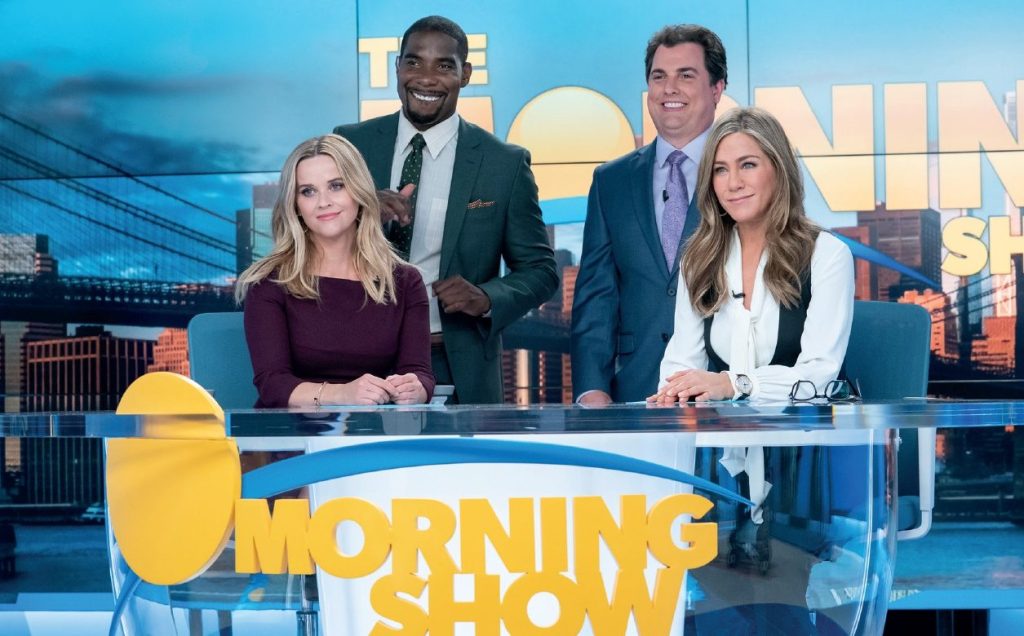







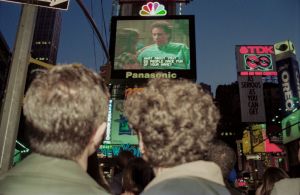

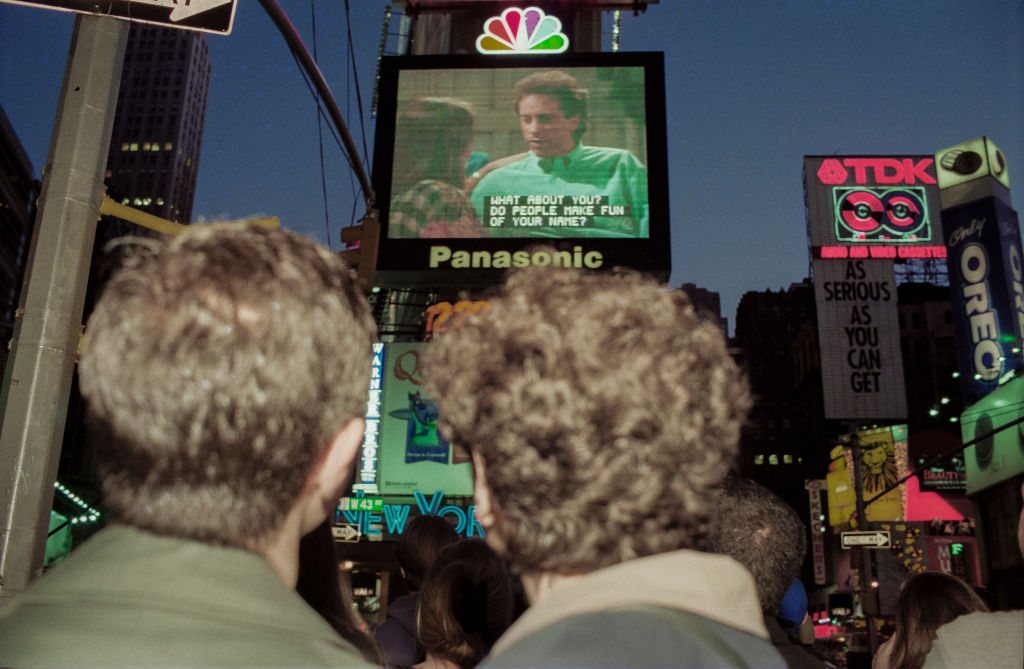

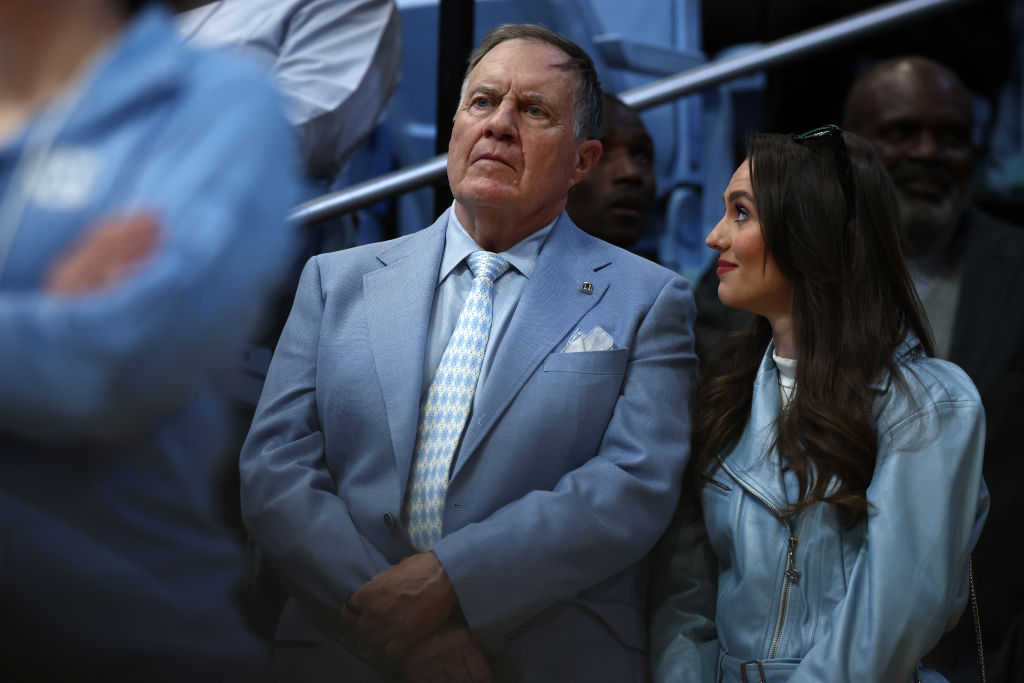
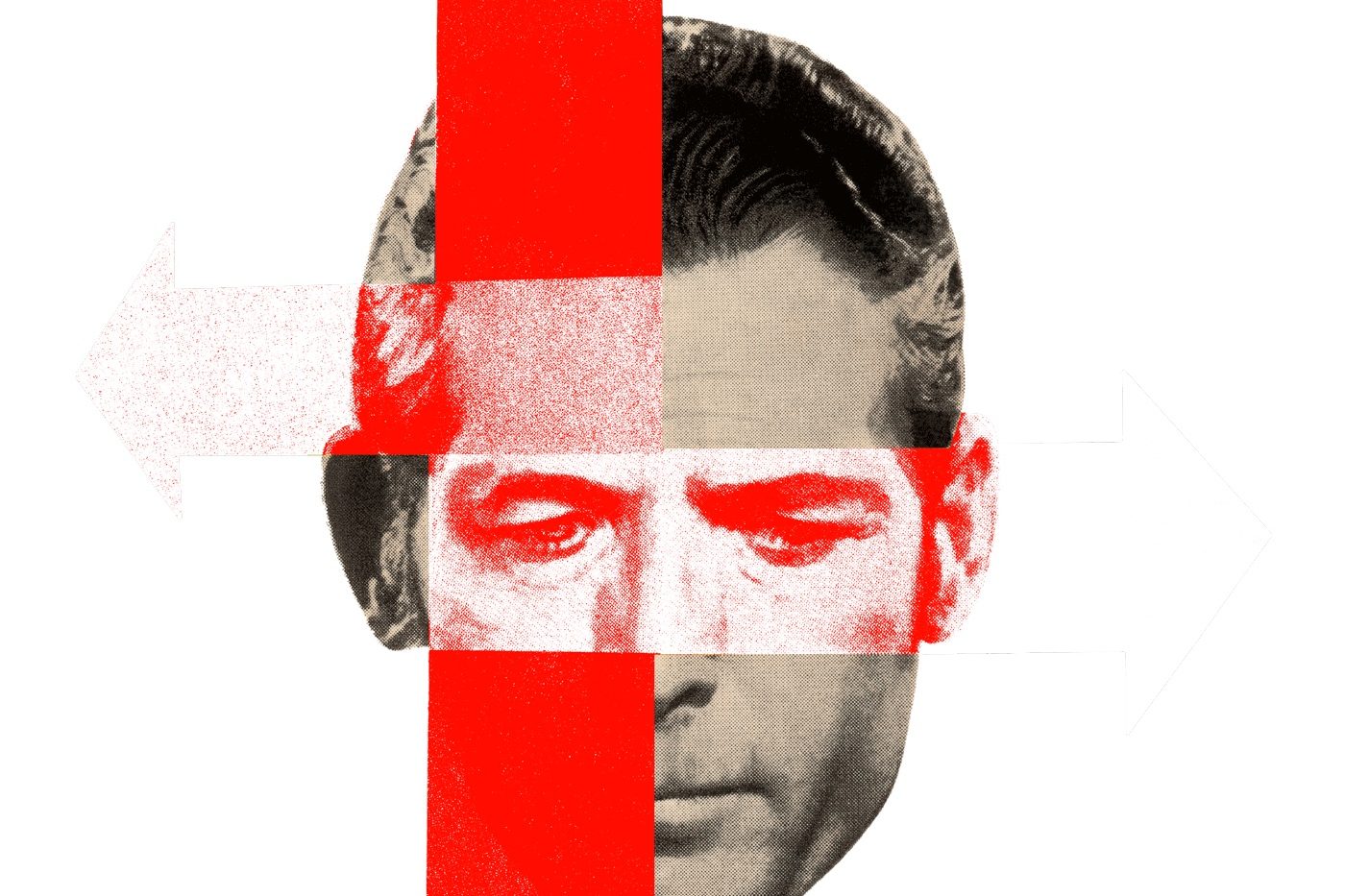

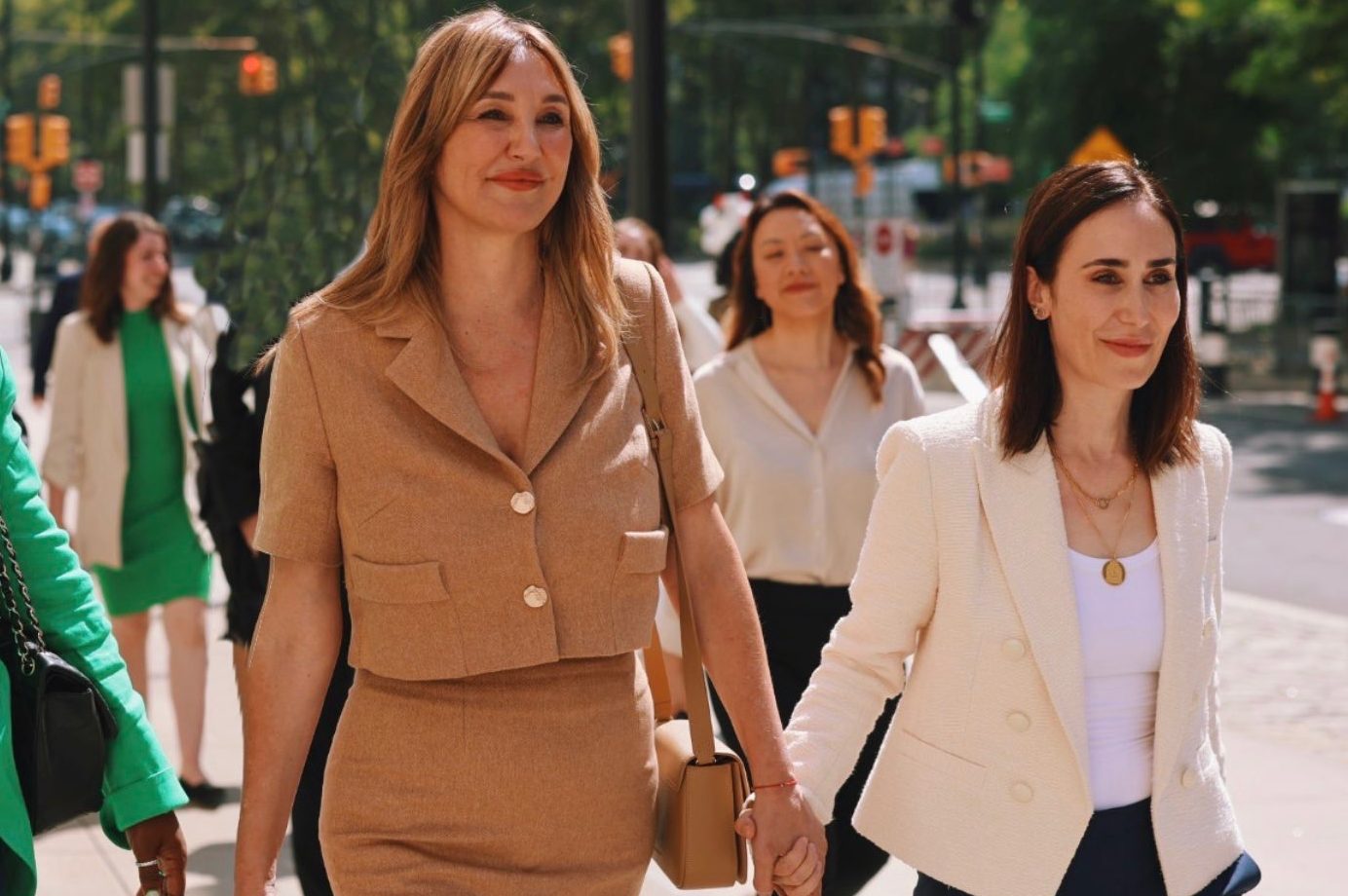







Leave a Reply